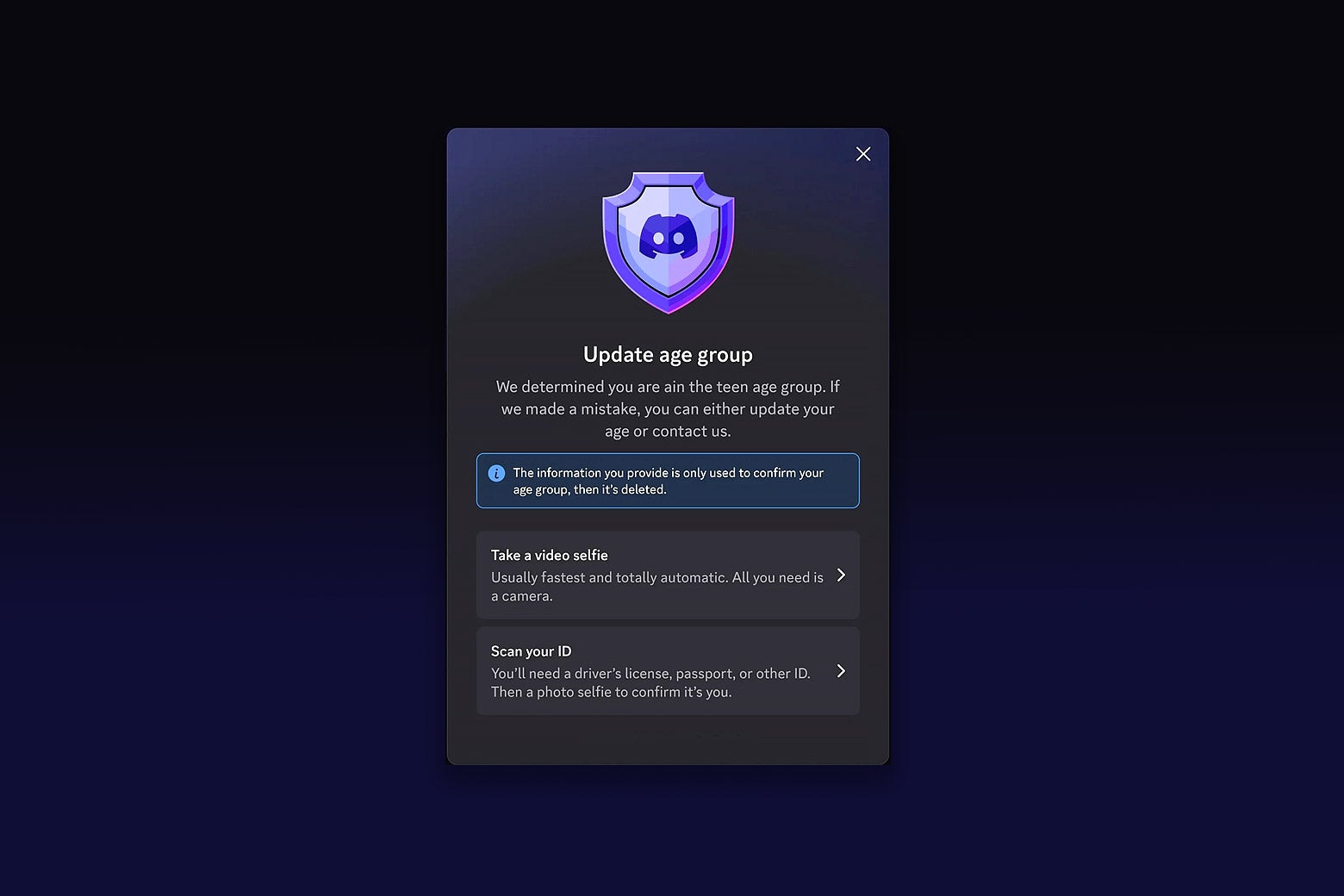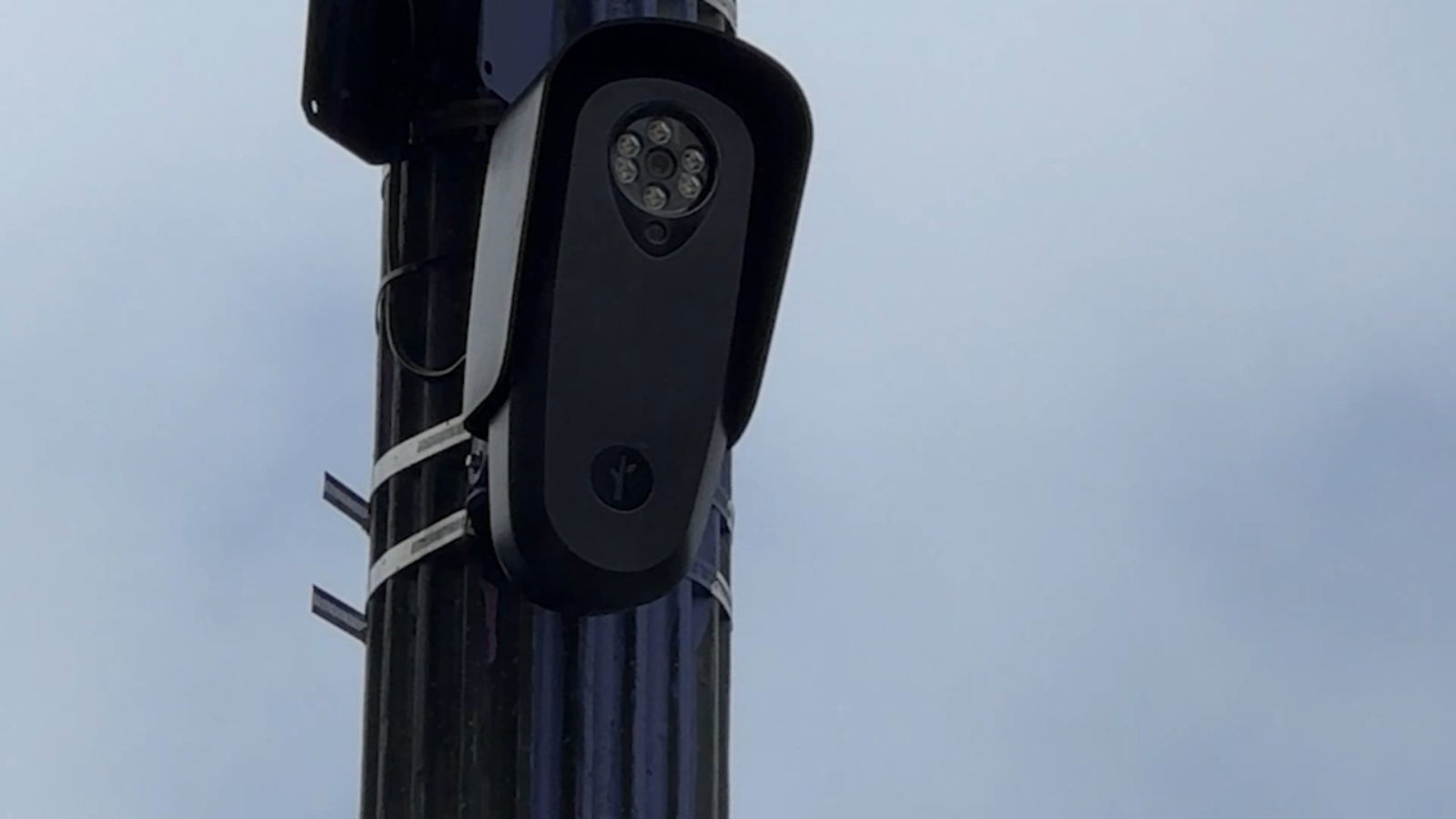fromAdExchanger
2 hours agoHow Agentic AI Can Break In The Real World | AdExchanger
As enterprise platforms rush to add conversational bots into workflows, they're also inadvertently giving those agents broad access to sensitive information - and, in some cases, letting bots chat freely in a way no privacy or marketing team would ever approve. This is exactly the type of hidden pitfall Aaron Costello, chief of SaaS security research at AppOmni, hunts for.
Privacy professionals































